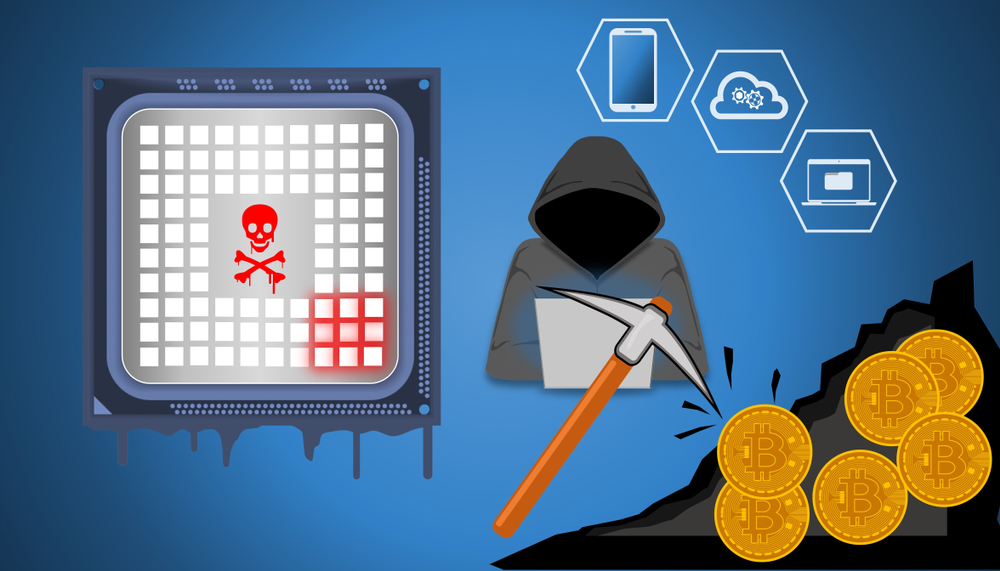Coronavirus is sweeping the world with hackers taking advantage of people’s vulnerability and the uncertainty that exists in this situation.
The cyber threat landscape remains the same as do the techniques and methods that hackers utilize but hackers are also being more inventive and praying on innocent victims.
Phishing Attacks
This remains one of the most common forms of cyber attacks. The National Fraud Intelligence Bureau (NFIB) has announced that they are seeing cases of fraud where Coronavirus has been an avenue for cyber attacks. The losses are understood to be in excess of £800,000. Emails are inadvertently opened to trick individuals which leads to personal information being accessed by the hackers who then use this for illegal means.
This could include the impersonating of third party suppliers or the provision of business services. Another method is the bulk selling of face masks and hand sanitiser.
Also being seen are vishing (voice calls) and smashing (SMS) messaging. Everyone needs to be alert even more so to these dangers.
Hacker Scams
Another pattern emerging is bogus emails coming from research agencies who are affiliated to bodies such as the World Health Organisation (WHO). The e-mail content pretends to be able to divulge information on individuals who may have the infection.
https://www.bbc.co.uk/news/technology-51838468
Remote Working
A large proportion of the work force is now working from home and with this comes an increased exposure to cyber risks. Good housekeeping is therefore important and should include the following:-
- Ensure that communications are secure
- Ensure that strong passwords and multi factor authentication
- Raise awareness of cyber attacks within the organisation
- Make sure laptops are kept secure and in a safe location
- Be careful not to disclose personal credentials
- Log – off when not using the network
- Review the Remote Desktop Protocol (RDP)
- Impose stricter procedures for financial processes and monetary transfers
Managing The Cyber Risk
All organisations are facing a huge challenge with this infectious disease and the consequences that it brings with business interruption being one of the main threats.
Cyber insurance includes incident response services which can assist with cyber attacks that may befall a company these include forensic investigation costs , public relations consultants and legal assistance. In the current climate it is even more important to have access to these specialist vendors.
Image : Shutterstock



